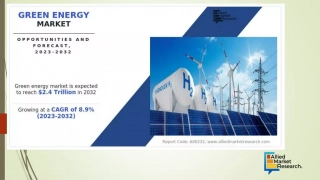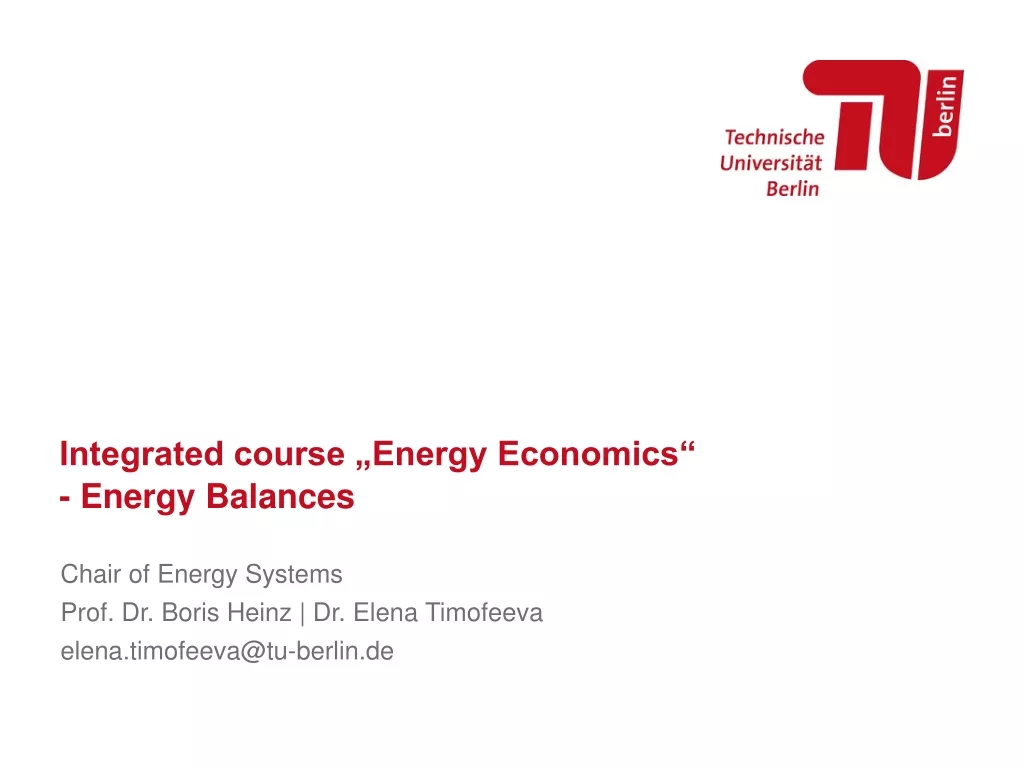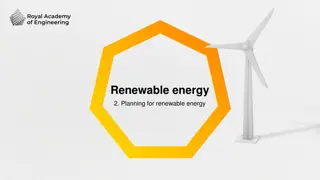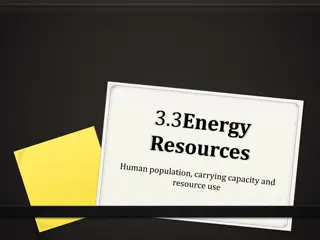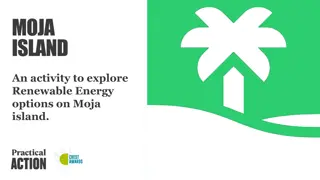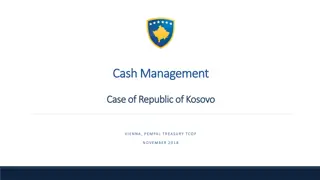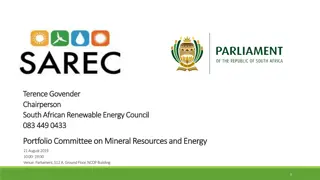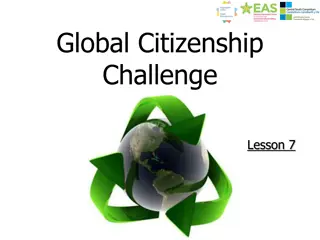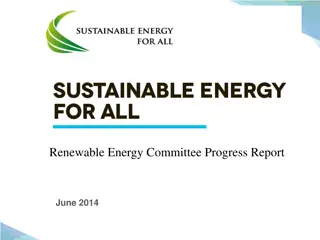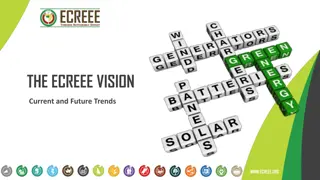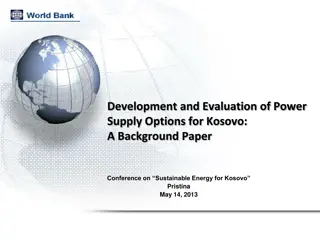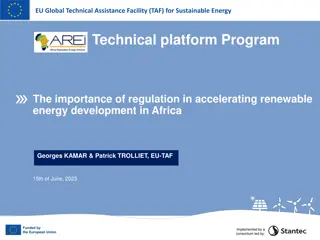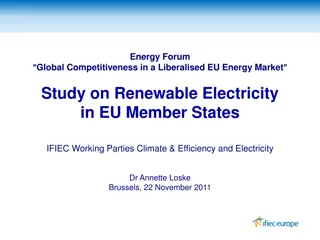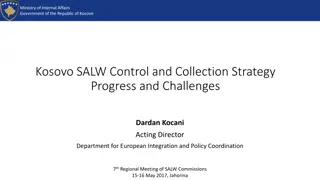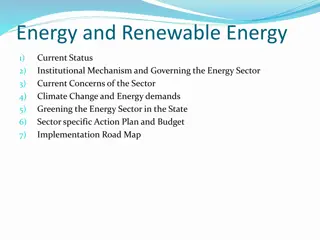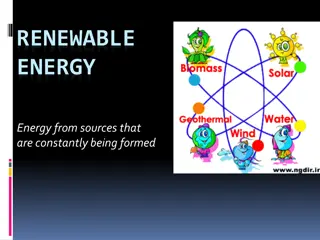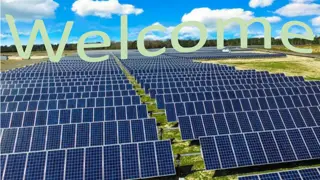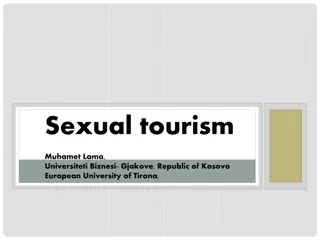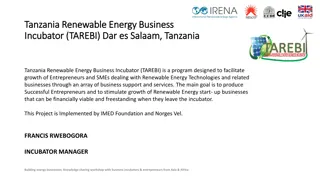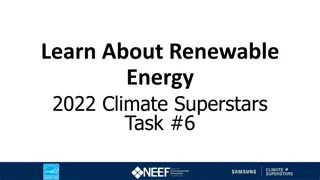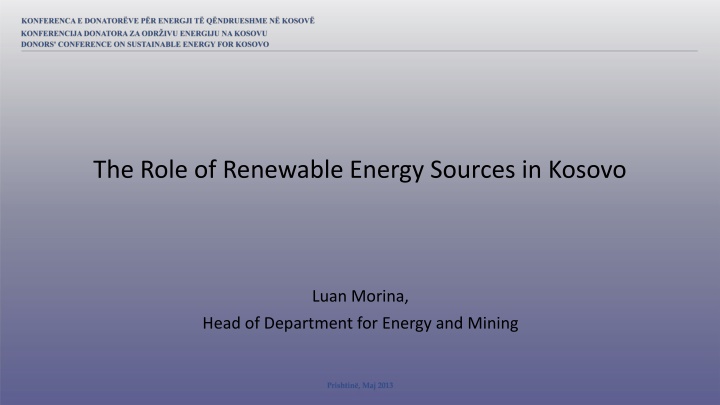
The Role of Renewable Energy Sources in Kosovo
This document discusses Kosovo's commitment to EU energy standards, renewable energy targets, and national plans for achieving them by 2020. It covers various renewable energy sources such as solar, biomass, wind, and hydroelectric power. The implementation strategies, financial measures, and support for studies and demonstration projects are also highlighted.
Uploaded on | 6 Views
Download Presentation

Please find below an Image/Link to download the presentation.
The content on the website is provided AS IS for your information and personal use only. It may not be sold, licensed, or shared on other websites without obtaining consent from the author. If you encounter any issues during the download, it is possible that the publisher has removed the file from their server.
You are allowed to download the files provided on this website for personal or commercial use, subject to the condition that they are used lawfully. All files are the property of their respective owners.
The content on the website is provided AS IS for your information and personal use only. It may not be sold, licensed, or shared on other websites without obtaining consent from the author.
E N D
Presentation Transcript
The Role of Renewable Energy Sources in Kosovo Luan Morina, Head of Department for Energy and Mining
Renewable Energy - Our commitment EU Energy Standards 20/20/20 until 2020 - Energy Community Treaty from 2005 / Security of Supply and Diversification of Energy Sources Transposition and Implementation of Directive 2009/28/EC-by date 31 December 2014 - RES Target by 2020 - National Plan for RES by 2020 Implementation Strategy
RES Target in the Republic of Kosovo / Need to be achieved by 2020 25 % - 432.46 ktoe 29.47 %- 509.7 ktoe OBLIGATIVE - RES Target according to the decision on the minister council of the Energy community No. D/2012/04/MC- EnC INDICATIVE -RES Target according to the Administrative instruction no.01/2013 on RES target - Electricity generation - 5.66% - Heating and Cooling- 17.24% - Transport 2.1 % (10% of total fuel consumption in transports sector) - Electricity generation 10.13% - Heating and Cooling- 17.24 % - Transport 2.1 % (10% of total fuel consumption in transports sector)
RES according to the 29.47% by 2020 Electricity : Solar 10 MW Biomass- 14 MW Wind 150MW Current exist hydro power plant 46.21 MW New Hydro power plant 240MW Zhur - 305 MW
National Plan for RES Non financial Measures: connection guaranties, 10 year contract, Certificate of Origin, etc. Financial Measures: - Feed-in tariffs, credit line soft loans, other fiscal measures : such as VAT, Customs Exemption etc. - Regulative framework in place, Simplified procedures, promotion activities, grid
Support for Studies Studies: - Use of urban waste for energy generation, stock analysis, procedural analysis between institutional levels, and the legislative analysis; cost 0.5 Million Euro; - Use of geothermal energy in Kosovo; cost 1.7 Million Euro - Implementation of a RES promotion concept; cost 0.4 Million Euro - Lifespan of base contracts on feed-in tariffs; 0.250 Million Euro
Support for Demonstration Projects Demonstration Projects: - Implementation of photovoltaic energy project in a certain institution building dedicated for health and education; cost around 1.5 Million Euro - Implementation of biomass project based on the energy generation forms electricity, heating/cooling and bio-fuel; e.g. cost 7-8 Million Euro; excepted capacity 8 MW energy : 2.0 MW for Electricity; 4.5 MW for Heating and 1.5 MW for Biogas; Target for implementation - large public buildings
Support on implementation for Private sector - Credit lines with grace period for implementation of RES projects - Financial Support scheme including reducing interest rate, investment grants etc.

